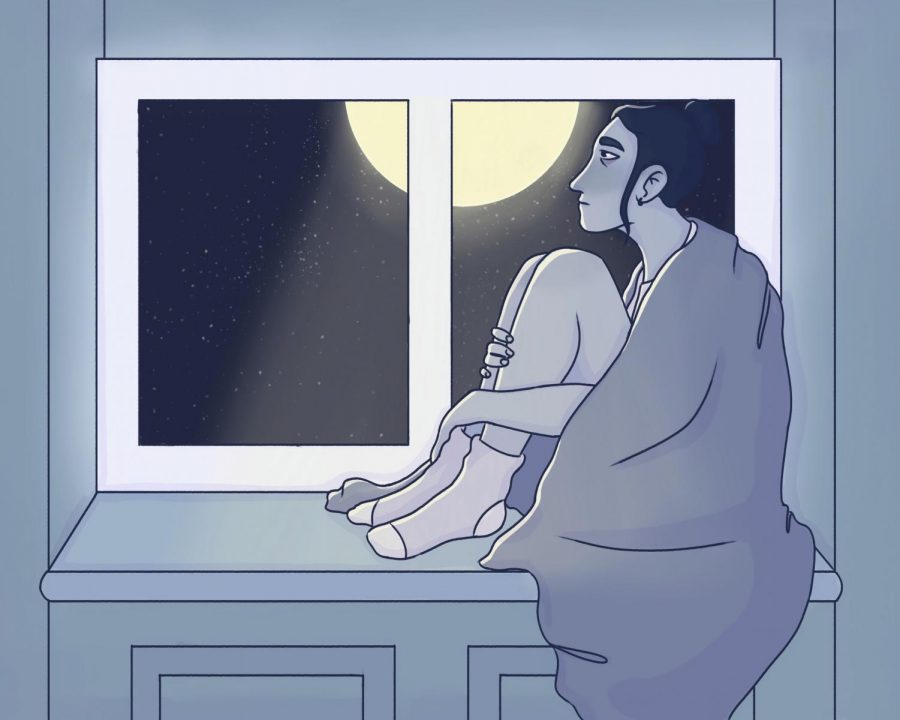Taking a toll
Though shelter-in-place has helped some maintain their mental health, others have struggled with the change in routine and workload
Simon Tzimpas
For some, social distancing and digital learning has provided flexibility and made life easier. For others, not being able to friends, talk to teachers, or follow a routine has impacted mental health in profoudly negative ways.
April 28, 2020
On Friday, March 15, MCHS announced it would be shutting down for a week and beginning online classes due to the COVID-19 outbreak. Shortly after, it became apparent that the school would not be reopening any time soon. When the original plan was to have one week off school due to COVID-19, students were ecstatic about the break they’re so desperately wanted.
Five weeks into social distancing and online learning, many students are starting to feel both a positive and a negative impact on their mental health.
“At the beginning, I had a little more pep because I thought I’d only have to power through a week or two,” junior Greyson Siminak said. While most students are not enjoying the stay at home order, few disagree.
Freshmen, Colton Tooke stated, “The only way my mental health has been affected negatively is because I’m a very physically intimate person with my friends. I love hugs and such so it’s been hard for me.”
As a coping mechanism, students have begun picking up new hobbies, or continuing old ones. “It has been fun to explore my other interests when I have nothing better to do,” sophomore Reese Vincent said. “I’ve been writing more and picked up more hobbies.”
One of the biggest issues that contributes to the failing mental health of students is the overwhelming amount of work that they are expected to teach themselves. Some have managed to find ways to help organize their days, others haven’t.
Junior Madison Berrad suggests to keep the routine of school going, to try and stay motivated and organized while at home. “Act like you’re still in school. Go through your schedule as if you’re still in school,” she said. “Being at a desk [or table] is better than doing it in bed.”
Another way students have been coping with mental health issues is by journaling. Vincent is one of the students who recommends writing as a way to relax. “Journaling, or writing letters talking about how you feel [can be beneficial],” she said. “Even if you never send the letters.”
It’s no surprise that being stuck home during a pandemic has been hard for many. But for others who may already struggle, it’s even harder to take care of their mental health. A good thing to remember during this time is to try and keep busy, set a routine or schedule, and do what you can to try and stay positive while we all wait and see what happens.











